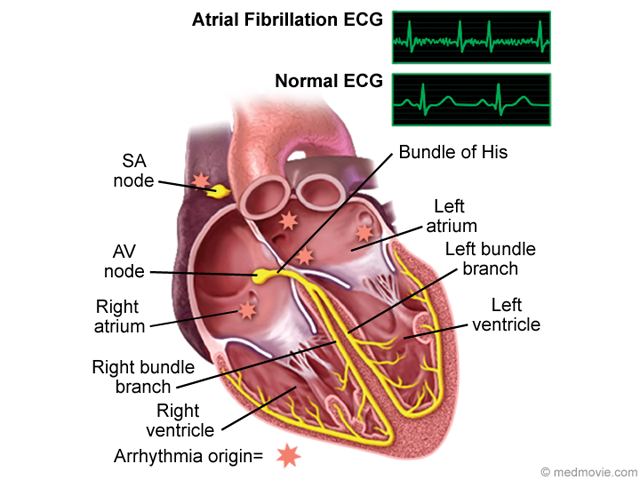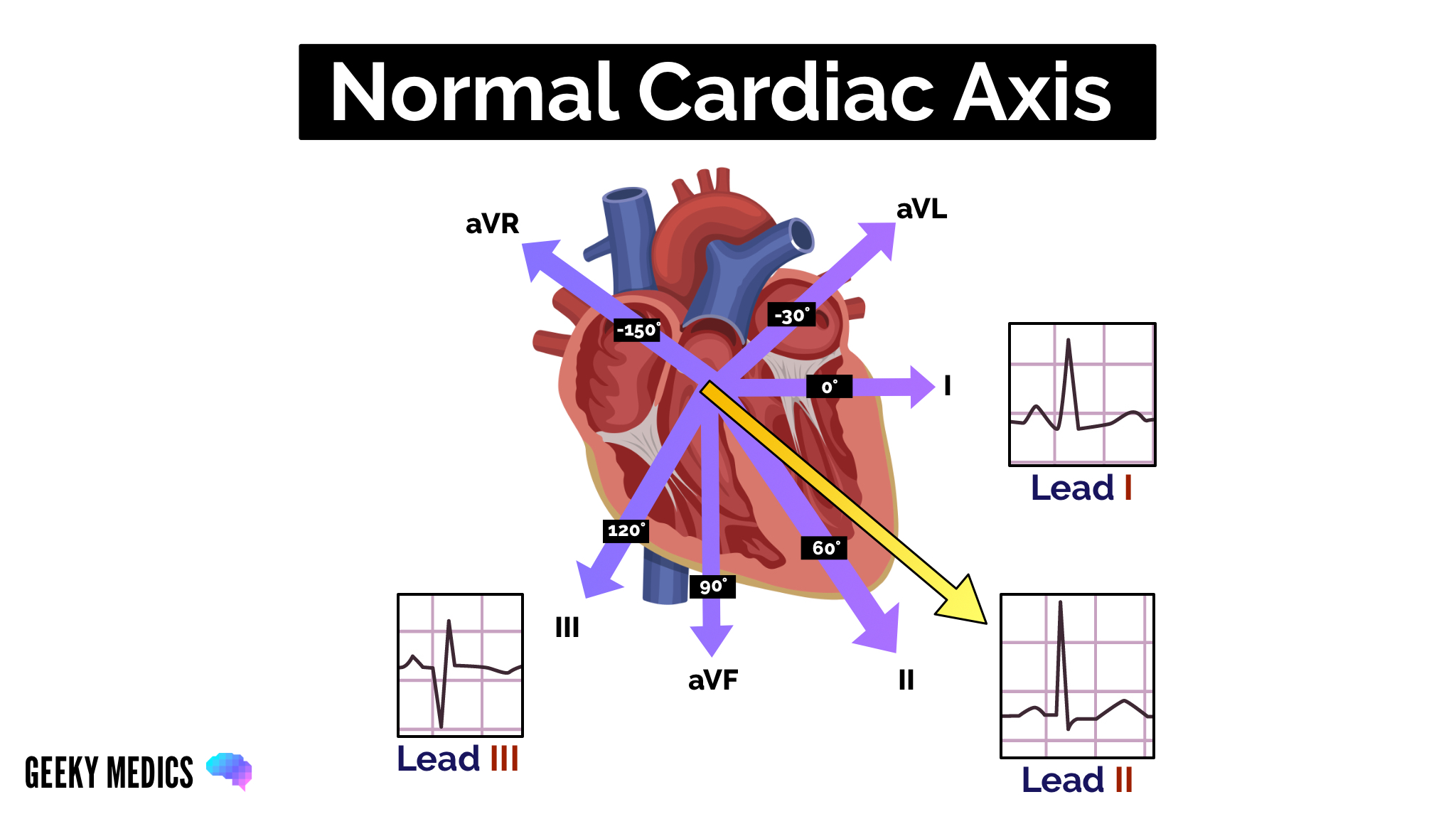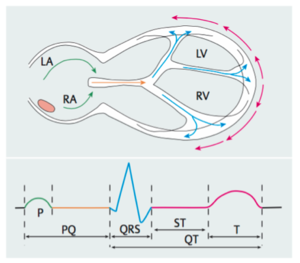The heart is situated within the chest cavity and surrounded by a fluid filled sac called the pericardium. A healthy heart supplies your body with the right amount of blood at the rate needed to work well.

Cycle
Heart electrical diagram. This diagram correlates an ecg tracing with the electrical and mechanical events of a heart contraction. Each segment of an ecg tracing corresponds to one event in the cardiac cycle. A problem with the electrical systemor the nervous or. This is commonly called the heart natural pacemaker in human heart diagram. The anatomy of the hearts chambers and valves includes two atria at the top of the heart with two ventricles at the bottom. Visit this site for a more detailed analysis of ecgs.
Webmds heart anatomy page provides a detailed image of the heart and provides information on heart conditions tests and treatments. The hearts pumping action is regulated by an electrical conduction system that coordinates the contraction of the various chambers of the heart. The hearts electrical signal is produced by a tiny structure known as the sinus node which is located in the upper portion of the right atrium. Heart rhythm disorders involve abnormalities of one or more of the following. A heart rhythm disorder is an abnormal variation from the normal heartbeat. The heart and the circulatory system together form the cardiovascular system.
In the simplest terms the heart is a pump made up of muscle tissue. Like all muscle the heart needs a source of energy and oxygen to function. This amazing muscle produces electrical impulses that cause the heart to contract pumping blood throughout the body. Heart rate regularity of beats sites where electrical impulses originate or sequence of activation of heartbeats. Your hearts electrical system controls the rate and rhythm of your heartbeat. Normally the electrical impulse is generated by a special part of the atrium which called the sinus node.
The hearts electrical system. Electrical signals arising in the sa node located in the right atrium stimulate the atria to contractthen the signals travel to the atrioventricular node av node which is located in the interatrial septumafter a delay the electrical signal diverges and is conducted through the left and right bundle of his to the respective purkinje fibers for each side of the heart as well as to the. If disease or injury weakens your heart your bodys organs will not receive enough blood to work normally. The electrical impulse generally travels from the sinus node through the muscle to the atriums and causing them to contract and also push the blood in the ventricles. Heart rhythm disorder is also referred to as an arrhythmia.

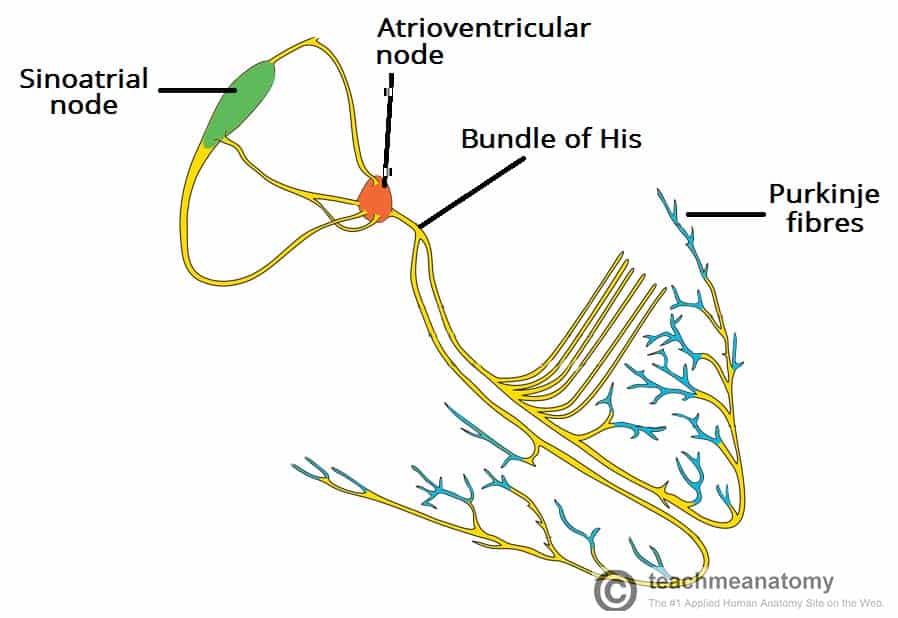




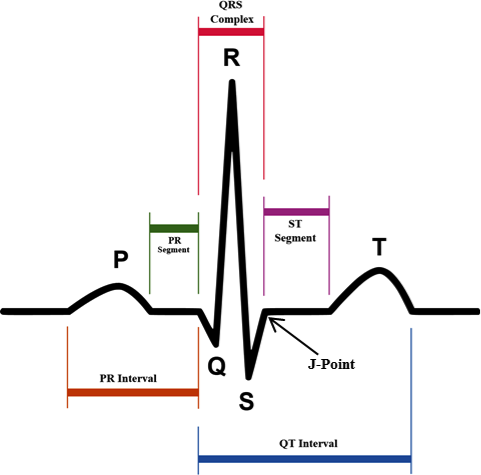

:background_color(FFFFFF):format(jpeg)/images/library/12168/sternocostal-surface-of-the-heart_english.jpg)


